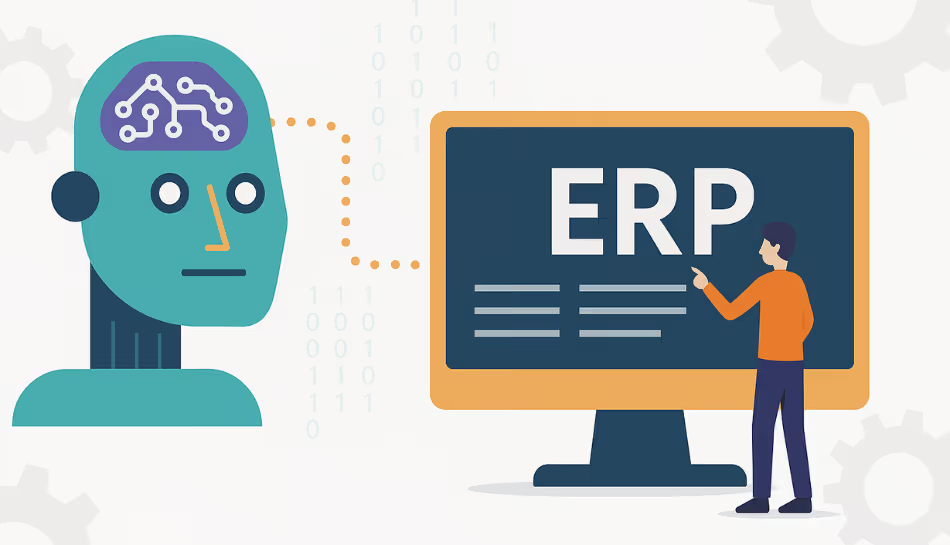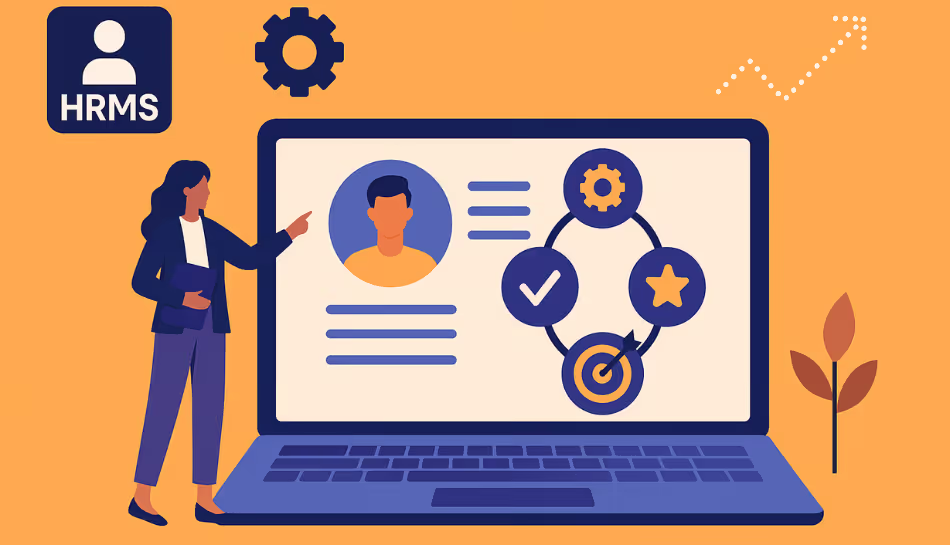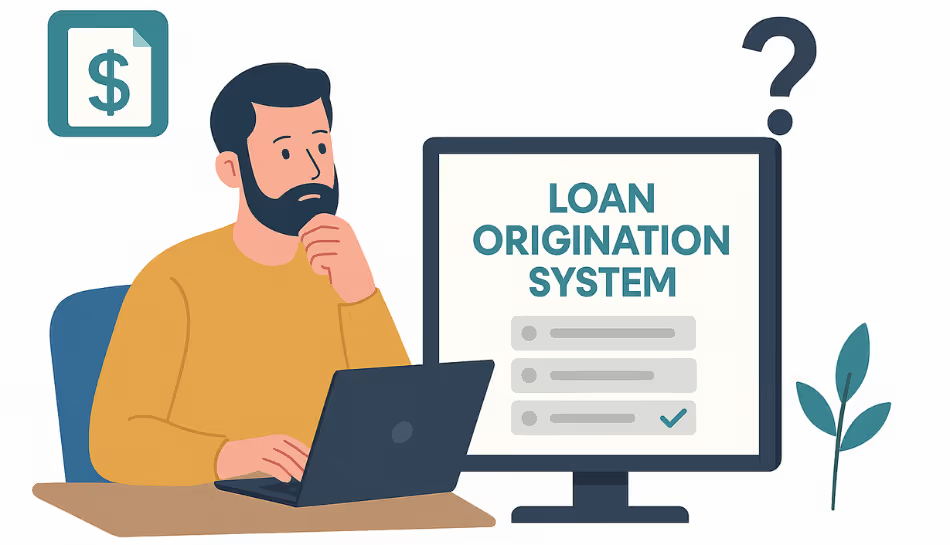
Enterprise Resource Planning (ERP) software has long been the backbone of business operations. But as companies move into a data-driven future, the integration of Artificial Intelligence (AI) is taking ERP systems to a whole new level.
By 2026, AI in ERP systems won't just be a competitive advantage, it will be a necessity. From predictive analytics and intelligent automation to natural language processing and real-time decision-making, AI-enabled ERP software is transforming how businesses operate.
Let’s explore how AI will reshape ERP systems in 2026, and what that means for businesses of all sizes.
What Is AI in ERP?
AI for ERP refers to the integration of artificial intelligence technologies such as machine learning, natural language processing, and robotic process automation into traditional ERP systems. The goal? To make ERP systems smarter, faster, and more proactive.
Instead of simply storing and organizing data, an AI-powered ERP can:
- Learn from patterns
- Predict future trends
- Automate repetitive tasks
- Offer recommendations
- Understand and process natural language queries
How AI Will Transform ERP in 2026
1. Predictive Analytics Becomes the Norm
ERP systems already collect massive amounts of data. With AI-based ERP, that data becomes fuel for prediction. Expect:
- Forecasted sales based on seasonality and market trends
- Anticipated stock shortages before they happen
- Early detection of financial risks or cash flow issues
AI helps businesses make decisions before problems occur, not after.
2. Hyper-Automation of Repetitive Tasks
By 2026, AI-enabled ERP systems will automate a wide range of tasks:
- Invoice generation and processing
- Data entry and validation
- HR approvals and payroll
- Purchase order matching
This doesn’t just save time, it minimizes human error and frees up employees for more strategic work.
3. Conversational Interfaces and Voice Commands
Using AI-powered assistants, users will be able to interact with their ERP through voice or chat:
- “Show me this month's sales figures”
- “What’s the inventory level for SKU123?”
- “Generate a purchase order for our top supplier”
This natural way of interacting will boost adoption and make ERP tools more accessible, especially for non-technical users.
4. Smarter Supply Chain Management
AI in ERP systems will allow companies to optimize their entire supply chain:
- AI-driven demand forecasting
- Route optimization for logistics
- Supplier performance prediction
- Automated stock replenishment suggestions
This leads to leaner operations and reduced overhead costs.
5. Real-Time Fraud Detection and Security Monitoring
As data security becomes more critical, AI-based ERP software will:
- Monitor unusual login or transaction behavior
- Flag suspicious activity in real time
- Automatically enforce role-based access controls
These smart safeguards will help businesses stay compliant and secure.
6. Personalized User Experiences
ERP with AI will learn from user behavior and roles to customize dashboards, suggest actions, and highlight relevant KPIs. For example:
- A finance manager sees a projected cash flow alert
- A warehouse operator gets inventory reorder suggestions
- A salesperson is prompted to follow up on high-value leads
This personalization makes systems easier and more enjoyable to use.
AI + ERP: A Perfect Match
When combined, AI and ERP create a system that not only runs the business, but also thinks for it. The advantages include:
- Faster, more accurate decision-making
- Higher operational efficiency
- Better use of company data
- Competitive edge in rapidly changing markets
Final Thoughts
As we look ahead to 2026, the question isn’t whether companies will adopt AI in ERP systems, it’s how fast they can do it. Businesses that embrace AI-powered ERP will lead the charge in efficiency, agility, and innovation.
From inventory to HR, sales to finance, AI-based ERP software is no longer a futuristic idea. It's the intelligent core of tomorrow's business strategy.

